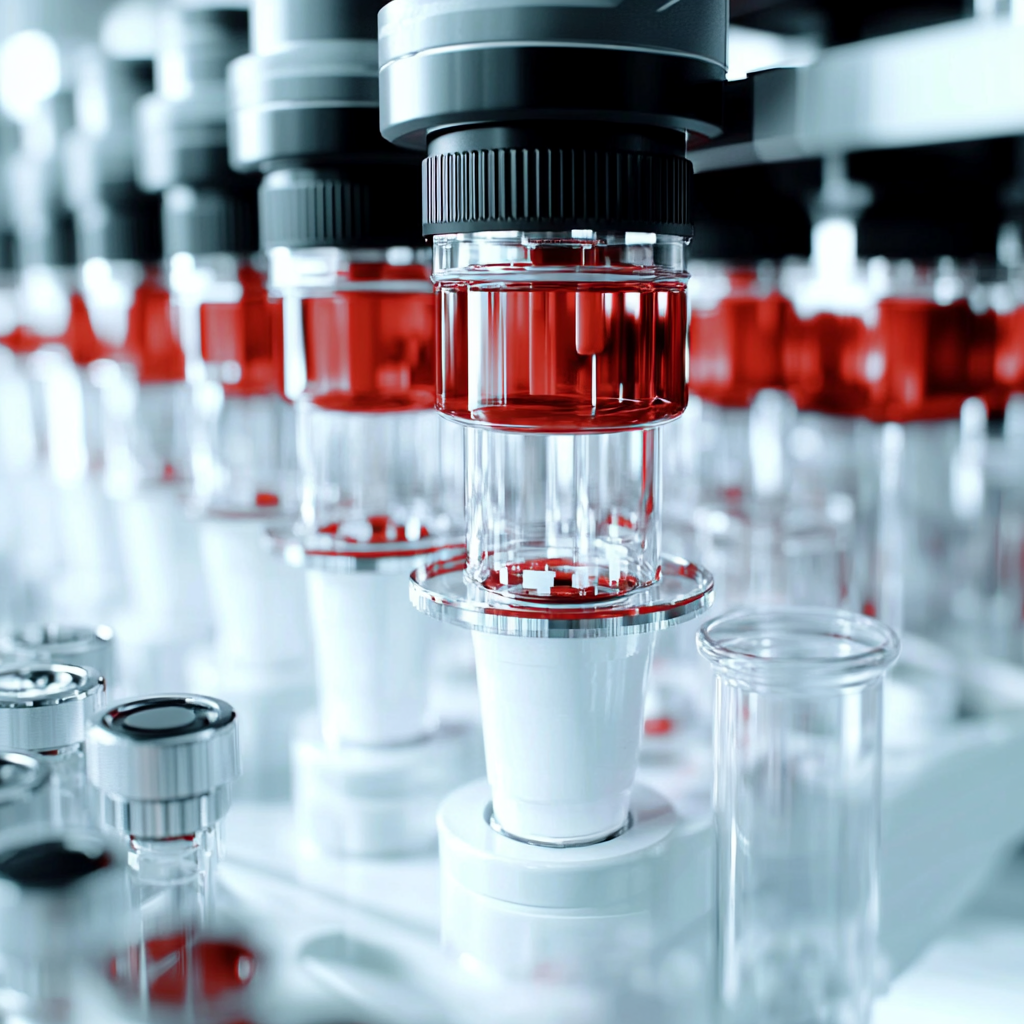Trial Results Explained
This study looked at how different treatments affect people with early rheumatoid arthritis (RA) and whether we can find biological signs (called biomarkers) that help us predict how well a patient will respond to treatment. Here’s a summary of what worked and what didn’t:
- What Worked: The study identified 17 substances in the blood that might predict whether a person will improve with treatment after 24 weeks. This is helpful for doctors to choose the right treatment early on.
- What Didn’t Work: While the study found some promising markers, the models developed to predict treatment response were not perfect. Their ability to predict outcomes was limited.
How This Helps Patients and Clinics
- Patients can receive more personalized treatment plans based on their biological markers, potentially leading to better outcomes.
- Clinics can improve their approach to managing RA by focusing on these identified markers, which can streamline treatment processes.
Real-World Opportunities
- Hospitals can use these findings to create protocols that include testing for the identified biomarkers in patients with early RA.
- Doctors can refine their treatment choices based on predicted responses to various therapies.
Measurable Outcomes
- Clinics should track the effectiveness of treatments based on the identified biomarkers.
- Monitor the rate of clinical remission in patients after 24 weeks of treatment.
AI Tools for Implementation
- AI can assist in analyzing patient data to identify which biomarkers are most predictive of treatment response.
- Tools can be developed to integrate clinical and metabolomic data to improve decision-making in treatment plans.
Step-by-Step Plan for Clinics
- Start Small: Begin by testing a small group of patients for the identified biomarkers.
- Collect Data: Track the outcome of treatments based on these biomarkers to gather more information.
- Evaluate: Assess how well the biomarkers predict treatment success in your patient group.
- Expand: If successful, gradually increase the number of patients tested and develop protocols for regular use.
For more details about the research, you can find the full study here.




























